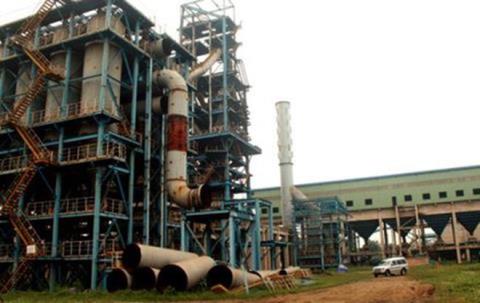 Vietnamese
Vietnamese
Vietnamese businesses worry about weak competitiveness
VietNamNet Bridge – A survey found that only 32 percent of businesses have confidence in the competitiveness of their products, while others are worried about the increased presence of foreign goods.

Chu Tien Dung, chair of the HCMC Business Association, said at the meeting between HCMC’s leaders and domestic businesses that the business circle has a lot of difficulties.
Though the number of newly established businesses in 2016 increased significantly, which showed investors’ confidence in the business environment, their scale, ability and competitive edges remain weak. Because of this, plus the high production costs and outdated production technology, only 35 percent of total businesses can contribute to the city’s budget.
Dung said Vietnamese businesses now bear pressure from imported goods in the home market. He cited a survey as reporting that only 32 percent of businesses are confident about their competitiveness, and 40 percent are worried, while the remaining are pessimistic about competitiveness
|
Only 32 percent of businesses are confident about their competitiveness, and 40 percent are worried, while the remaining are pessimistic about competitiveness |
Kieu Huynh Son, director of Thep Co, complained that mechanical engineering enterprises in the city find it very difficult to access capital sources which support enterprises to renovate technologies, and that small enterprises don’t have the opportunities to enter industrial zones.
Small workshops are available in industrial zones, but the rents are still too high for them.
Therefore, Son proposed the municipal authorities to apply the policies to help mechanical engineering organise their production in industrial zones
“Specialized small production workshop clusters need to be developed to serve as leverage for the development of supporting industries,” he said.
Le Thanh Lam, deputy general director of Sai Gon Food, said that foreign invested supermarkets all have set up very high discount rates.
“This is alarming for Vietnamese supermarket chains,” Lam said.
Meanwhile, Diep Dung, general director of Saigon Co-op, the retail chainholding the largest market share in the south, commented that Vietnamese enterprises need to standardize the product quality, production process and administration system, or they will not be able to squeeze into high-value distribution chains.
While businesses always call for the support from the State, they don’t have sufficient information about the policies to support them.
Nguyen Minh Huong, managing director of Golden Communication, said she has just realized that there are up to 36 programs supporting small and medium enterprises.
The HCMC authorities are pursuing an important program on developing businesses, striving to have 500,000 businesses by 2020.
According to HCMC’s Vice Mayor Le Thanh Liem, in 2016, the city had 36,000 new businesses, an increase of 13 percent over 2015. It is expected that 40,000 businesses would be set up this year.

